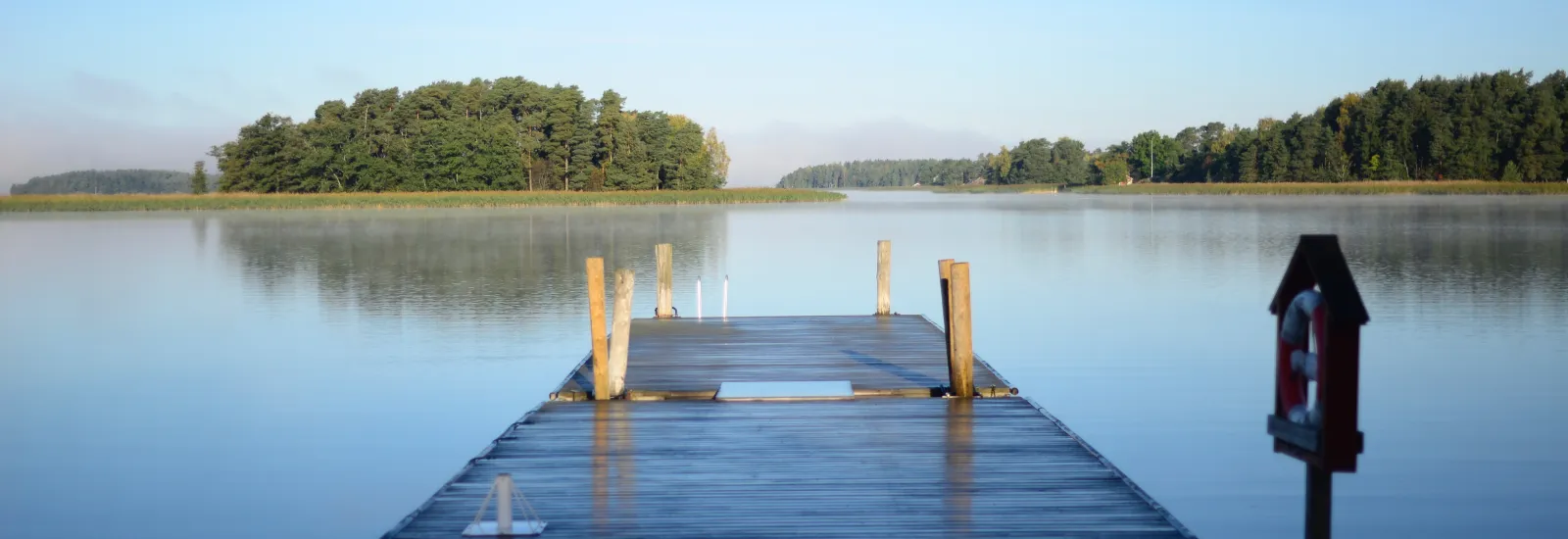
Do’s and don’ts for freshwater lakes
During summer everyone is heading out to the nearest body of water to cool off. But did you know there are special health and safety considerations for swimming in freshwater lakes rivers and even the neighborhood creek? Here are some important do's and don'ts to keep your family safe:
Unmarked or unknown water conditions
The Centers for Disease Control and Prevention explained that obstacles under the water its uneven and unknown depth surrounding wildlife vegetation and pollution and bacteria are other hazards you might not consider. Some do's and don'ts for open water environments include:
- Do scan the area looking for any wildlife that could be dangerous both in and out of the water.
- Do check the water current looking at the direction and speed of the water being particularly careful about water swirling in a circular motion which could pull a swimmer down. Weaker swimmers should always wear a life jacket.
- Don't dive or jump in any water that isn't tested or marked to be at least 9 feet deep and checked for underwater obstacles rocks or debris.
- Don't jump in from a tree ledge or bridge.
Water could be contaminated
The Red Cross also warned that you and your family could get ill swimming in water that's contaminated by human sewage animal waste algae blooms and pollution runoff especially after it rains. Most state parks public lands and tourist destinations will have alerts for the public about any dangerous swimming conditions.
- Do search the state and county recreation website before taking your family swimming in any body of water.
- Do use your senses when approaching bodies of water that you have no information about. Smell the air and water as well as scan the water with your eyes looking for anything suspicious such as dead wildlife foul smells or off-color water.
- Don't swim in water that looks feels or smells strange in any way.
- Don't swallow the water which is the surest way to get sick from swimming in contaminated water.
Stay safe this summer and think twice before jumping right in when swimming in freshwater lakes and other bodies of water.

